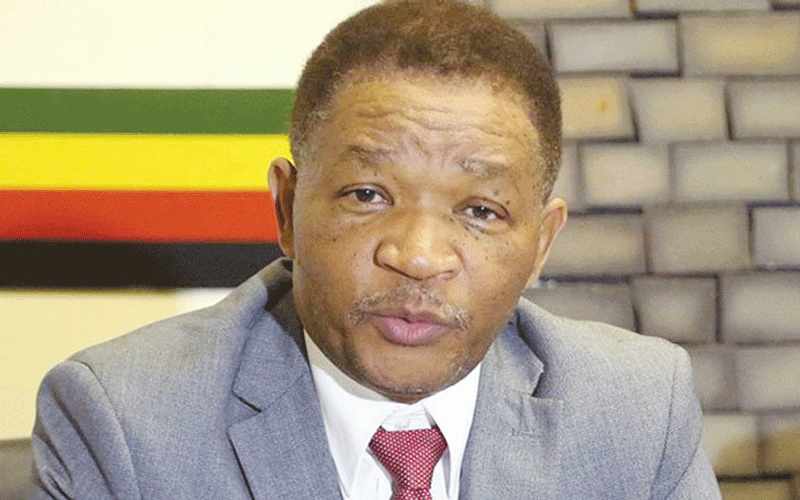
NewsDay
HEALTHCARE delivery remains a major concern in Zimbabwe and recent events in the public hospitals exposed a weak infrastructure and systems as well as inadequate medicines and personnel. The chronicles of patients suffering should now herald an urgent need to build a sustainable healthcare system which is pro-poor.
Healthcare is defined as the act of taking preventative or necessary medical services and procedures to improve a nation’s wellness.Healthcare delivery also means the ability of people to access health facilities, clean water, medicines and proper sanitation among other things. In short it is the delivery of health to the nation.
But at the moment the country is seized with more healthcare challenges than ever before and for many who are getting sick, it has become a nightmare and a deeply stressful experience for both the patient and their family.
The hospitals, which are supposed to be safe havens of healing and recovery, have become death traps due to years of neglect of the healthcare delivery particularly the primary healthcare.
Primary healthcare, which is the first level of contact for individuals, the family, the community, is critical in granting access to mostly lesser privileged citizens. With only 10% of the population having medical insurance it means the bulk of population is greatly in need of primary healthcare.
This makes the revival of this critical structure more eminent and efforts should be rerouted towards creating a system which will service the marginalised with particular focus on women and children.
By virtue of their design, primary healthcare facilities are within communities and this increases access and halts delays in seeking services when needed.To date, primary healthcare nurses are still running rural hospitals, a sure sign that the concept works but in the absence of funding it will go to waste.
- Chamisa under fire over US$120K donation
- Mavhunga puts DeMbare into Chibuku quarterfinals
- Pension funds bet on Cabora Bassa oilfields
- Councils defy govt fire tender directive
Keep Reading
The recent strike by Harare council nurses saw a spate of cases of women giving birth at home or in other unsafe places in the absence of trained personnel. This should not be happening in the 21st century. It is a direct threat to containment of the maternal mortality ratio which is still unacceptably high at 522 deaths per every 100 000 live births.
Solutions to healthcare are determined by the ability to appreciate the importance of health which is increasingly being recognised as a driver of human and economic development.
Some African countries are increasing investments and reforms to improve health outcomes and accelerate progress towards meeting the Sustainable Development Goal on health.
Internationally, primary healthcare is highly prioritised and across the border in South Africa this has worked very well for the masses.Zimbabweans are even going over to give birth in South African facilities which are well resourced and guarantee that the mother and baby have a fair chance of survival. Besides, these services are free while in most local council clinics user fees are still being demanded. Government should subsidise the services and allow citizens to access free medical care. It is a basic human right.We call on the government to take bold steps in revamping the primary healthcare and save lives.











